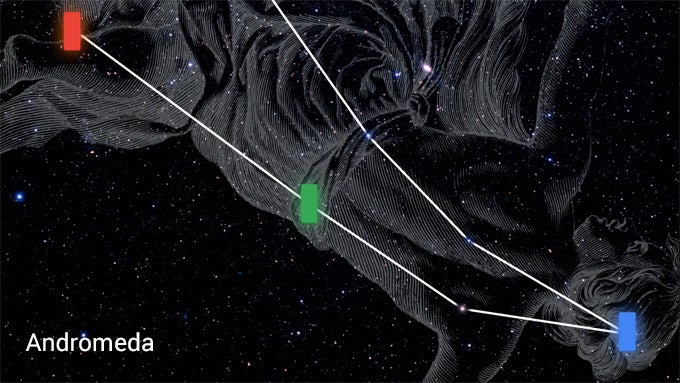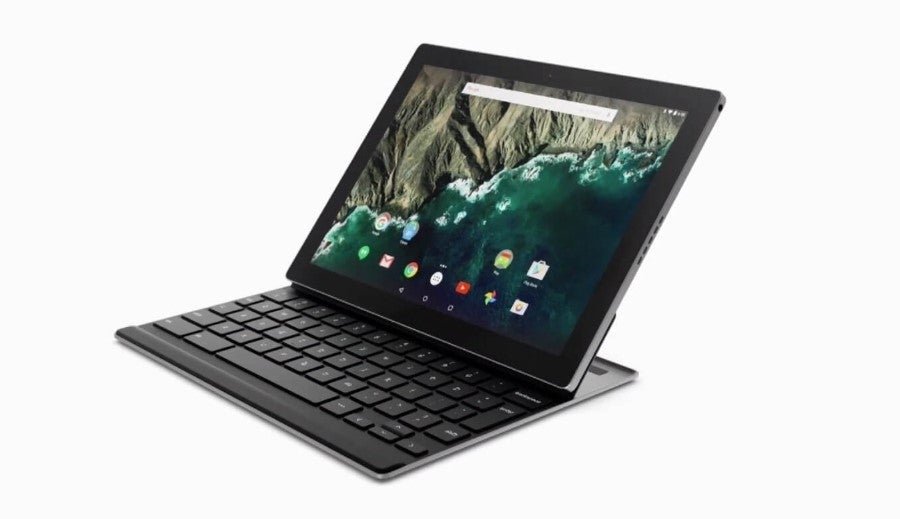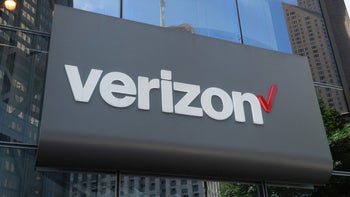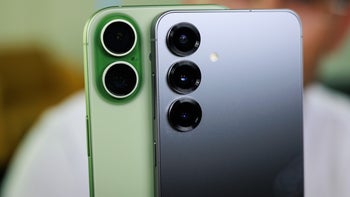Google's Andromeda OS: What to expect?


Imagine the Pixel C running an OS much better suited at multitasking, complete with a desktop-like multiwindow environment, that's still Android at its core.
According to Android Police, Google will release the Pixel 3, codenamed “Bison”, sometime in Q3 2017, and it would not be marketed as a Chromebook, but rather as a full-fledged competitor to offerings by Microsoft and Apple. According to the rumors, “Bison” will support “tablet” mode, meaning that it could be a convertible device in the vein of the Lenovo Yoga series, or a detachable like Microsoft's Surface Book. Either way, it will likely move web-based software from the forefront to the back, in favor of a more independent and complete OS. This is not to say, however, that this concept will be ditched completely, as Google is bringing Instant Apps to Android, but it may take the back seat this time around.
A recent report by Wired on the future of Chromebooks states that:
Google now strongly recommends—which is a lightly-veiled warning that it’ll be mandatory soon—that every Chromebook include GPS, NFC, compass, accelerometer, a fingerprint reader, and a barometer. Those are all smartphone parts that have made little sense in a laptop before. But Android apps are inspiring manufacturers to make devices that move, that adapt, that take on different forms in different contexts.
Packing most of these sensors in a regular laptop seems redundant, but would make much more sense if the machine were running a universal operating system – one that is designed to work on smartphones, tablets and PCs. What is reported is also in line with the aforementioned rumors outlining a convertible 2-in-1 device. Furthermore, Google is definitely toying with the idea of Android for multitasking, as is evident from Nougat's multiwindow mode. Now, it may not seem very useful considering the relatively limited screen real estate of a smartphone — or even a phablet — but takes on a different image when thinking bigger. Like Pixel-C-bigger, or more.
Senior vice president of Android, Google Play, and Chrome, Hiroshi Lockheimer, tweeted recently:
We announced the 1st version of Android 8 years ago today. I have a feeling 8 years from now we'll be talking about Oct 4, 2016.
— Hiroshi Lockheimer (@lockheimer) September 24, 2016
Although vague, Lockheimer's tweet suggests something big is coming our way on October 4th, a game changer, in fact. He could not just be referencing the new Pixel phones, could he? Google has something bigger under wraps, something bearing far greater implications for the future of Android.
Now for the codename, “Andromeda”. Apart from the obvious fact that it contains the first five letters of the word “android”, it surely has some clever hidden meaning as well. Could it be a reference to the Andromeda constellation? It very well may be. Andromeda is visible in the Northern Hemisphere and is immediately recognizable by its three brightest stars — α, β and γ — arranged in almost a perfect line. Could they symbolize the main platforms Andromeda will run on? Three pillars – mobile, desktop and hybrid devices? Not a lot left now before we find out.
Follow us on Google News
















Things that are NOT allowed:
To help keep our community safe and free from spam, we apply temporary limits to newly created accounts: